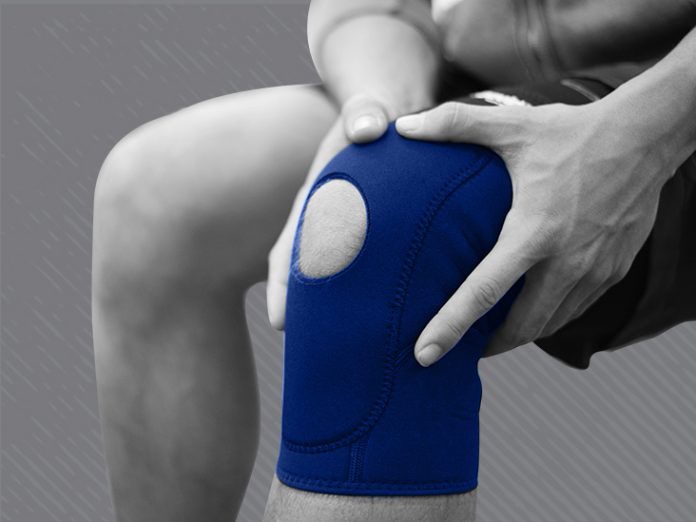Experienced knee pain can be both debilitating and worrisome, making recognizing when it is serious enough for medical intervention vitally important to maintaining good health and mobility. Knee pain may limit daily activities. Understanding its severity is the key to effectively managing or healing it. This post will look into its causes while offering guidance on when medical assistance might be required.
Table of Contents
Common Sources of Knee Pain
Knee pain may be caused by an injury such as ruptured ligaments or torn cartilage. Arthritis, gout, and infections may also contribute to it. While minor knee issues often respond well to self-care measures and physical therapy sessions for managing persistent discomfort, more serious ones may require surgical intervention or physical therapy services for management. Understanding the source of your knee discomfort will greatly impact treatment strategies and recovery outcomes.
Signs of Knee Pain
Signs of knee pain could include significant swelling, redness, tenderness, and warmth around the joint. Deformity in the leg. Inability to fully extend or flex knee joint fully. Difficulty bearing weight on the knee. Severe pain while at rest or difficulty bearing weight while bearing weight should all warrant medical intervention as these could indicate either an acute injury or a more complex medical condition that requires advanced treatments or interventions.
Self-Assessment Techniques (SATs)
Before visiting a doctor, you can perform a few tests at home to assess the severity of knee pain.
Range of Motion: Bend and straighten your leg to evaluate the fluidity of movement as well as any associated discomfort.
Pain Level: When participating in various activities, pay close attention to any pattern of discomfort between 1-10.
Joint Stability: Check for any unusual movement or looseness that could indicate ligament injury in your knee joint.
Keep in mind that these tests should not serve as replacements for professional medical advice. Rather, they can assist with self-assessment.
When Should Medical Attention Be Sought?
As soon as you experience persistent or worsening pain, inability to bear weight on the affected leg, significant swelling or stiffness, signs of infection including fever and self-assessment techniques indicate impairment of range of motion or pain that exceeds manageable levels, joint instability or any popping noise during injury. Medical intervention may be required immediately. Also be wary if hearing or seeing popping sounds could indicate ligament tears or fractures requiring medical intervention immediately.
Treatment Options
Treatments for knee pain depend on its source. Options range from conservative home-care measures such as rest, ice, compression, and elevation (RICE) to more invasive medical procedures:
R.I.C.E Method (rest, ice compression elevation: resting on an ice pack to reduce pain and swelling) can also help.
Medications: Over-the-counter pain relief and anti-inflammatory drugs may provide temporary relief and reduce inflammation.
Physical Therapy: An experienced physical therapist can plan an exercise program designed to strengthen and improve knee functionality.
Surgery: When severe cases such as torn ligaments and menisci require surgical repair, such as in a torn meniscus rupture, surgery may be required in order to restore functionality and ease symptoms.
Assemble your healthcare team in order to assess and provide treatment tailored specifically to the cause and severity of your knee discomfort. Explore available specialists by searching knee pain in Asheville NC or nearby cities.
Conclusion
Knee pain can range from minor inconvenience to crippling impediments, making it crucial that individuals understand its causes and when to seek professional medical care. Through self-assessment and professional evaluation, appropriate treatments such as home remedies, physical therapy, or surgery may be identified as soon as possible. A proactive approach towards knee health will lead to quicker recovery times and faster return to everyday activities. Always prioritize consulting a healthcare provider for a tailored approach to knee pain relief.

